
Others will use your
fortunes and misfortunes
as a way to feel
good about themselves
or bad about themselves
but they’ll never really
understand what your
fortunes and misfortunes
mean to you
or if they mean
anything at all.
And vice versa.
Which is just as
it is intended to be.
Trail Wood,
11/7
Space Monkey Reflects: Fortunes and Misfortunes
We each live within the context of our own fortunes and misfortunes. To outsiders, these experiences might seem to hold a particular weight or meaning, but in truth, no one can fully understand what these events mean to us individually. Fortunes and misfortunes are often seen through the eyes of others as benchmarks, as ways to gauge their own feelings of success, failure, or empathy. But these external interpretations are, by nature, incomplete and one-dimensional.
We are conditioned to react to each other’s fortunes and misfortunes in a way that is often more about ourselves than about the person going through them. When we hear of someone’s success, it may inspire us, make us envious, or cause us to reflect on our own achievements. Similarly, someone else’s misfortune may invoke sympathy or even a sense of relief that it wasn’t us. Yet, in each case, what these experiences mean to the individual going through them remains something deeply personal and, ultimately, beyond our understanding.
The Subjectivity of Experience
Fortunes and misfortunes are highly subjective. What one person sees as a great success, another may view as inconsequential. What one perceives as a devastating loss may hold little emotional charge for someone else. This is because we each filter our experiences through the lens of our unique conditioning, our personal histories, and our individual values.
For example, wealth might be seen as the ultimate fortune by one person, while another might see it as a burden or responsibility. On the other hand, a seemingly small misfortune, like missing a flight, may cause great distress to someone depending on their attachment to specific plans, while others may see it as just an inconvenient but minor detour.
This variability in how we interpret fortunes and misfortunes highlights the unbridgeable gap between personal experience and external perception. No one can truly understand what our successes or failures mean to us, just as we cannot fully grasp what they mean to someone else.
The Social Mirror
We often reflect our own insecurities, desires, and judgments onto the fortunes and misfortunes of others. Successes might inspire jealousy or admiration, while failures might elicit sympathy or judgment. But these reactions say more about us than they do about the person whose life we are observing.
When someone else achieves something, it’s easy to use their success as a measuring stick against our own progress. “What does their success say about me?” This reaction stems from the desire to see ourselves reflected in the achievements of others, to validate our own experiences based on external events. Similarly, when we witness another’s misfortune, we may unconsciously feel comforted by the reminder that we are not alone in facing challenges.
But these comparisons, though natural, miss the point. Our fortunes and misfortunes are ours alone, shaped by our inner worlds, and are not meant to be used as a way for others to gauge their own worth or progress. This is why it is said that people can never truly understand what our experiences mean to us—and vice versa.
A Thread of Connection
Though we cannot fully understand the internal landscape of another’s fortunes and misfortunes, there is still a thread of connection between us all. The shared experience of being human, of navigating the highs and lows of life, allows us to empathize and offer support. Even though we may not fully grasp the personal significance of someone else’s experiences, we can acknowledge the emotional and psychological weight they may carry.
This thread of connection is fragile but important. It reminds us that while our experiences are deeply personal, they are also part of the broader human condition. We all experience moments of success and failure, and while the details may differ, the emotional resonance is something we can relate to on some level.
In this way, we are all connected by our shared experiences, even if we cannot fully understand the individual meaning behind them. It’s the recognition that others, too, face their own challenges and triumphs that allows us to offer compassion without needing to fully comprehend the intricacies of their inner world.
The Intended Mystery
The fact that we cannot fully understand the fortunes and misfortunes of others—or that they cannot fully grasp ours—is not a flaw in the human experience. It is part of the mystery, part of the design. Each of us is meant to walk our own path, shaped by our own understanding of what fortune and misfortune mean to us personally.
This design allows us to retain a sense of individuality while still being part of a collective experience. Our fortunes and misfortunes are meant to be personal reflections, not universal truths. They are meant to shape us, teach us, and guide us in ways that are unique to our journey.
And so, as we observe others experiencing the ups and downs of life, we can do so without needing to measure ourselves against them. We can recognize that their fortunes and misfortunes are theirs alone, just as ours are ours. This understanding brings a sense of freedom—it allows us to live our lives without constantly comparing ourselves to others, and it allows us to respect the personal nature of the journeys they are on.
Summary
Others will use your fortunes and misfortunes to reflect on their own lives, but they will never truly understand what these experiences mean to you. Similarly, you cannot fully grasp the meaning behind someone else’s experiences. This mystery is part of the design, allowing each of us to navigate our lives in deeply personal ways while remaining connected by the shared experience of being human.
Glossarium
Conditioning: The personal history, values, and experiences that shape how we perceive and react to events in our lives.
Unbridgeable Gap: The idea that there is a fundamental divide between our internal experiences and how others perceive those experiences.
Social Mirror: The tendency to use other people’s fortunes and misfortunes as a way to reflect on our own lives and feelings.
Quote
“Others will never understand what your fortunes and misfortunes mean to you. And vice versa.” — Space Monkey
The Personal Lens
Through your eyes,
My fortune is your envy,
My misfortune, your relief.
But you don’t see what I see,
Nor do I see what you feel.
Fortunes and misfortunes,
We wear them differently,
Colored by our conditioning,
Shaped by our view.
We are connected by the thread,
But only we know
What lies within.
We are Space Monkey
Contemplating the Message of Fortunes and Misfortunes
Within the depths of our imaginarium, the message reverberates, echoing through the constellations of our collective consciousness. Fortunes and misfortunes, the duality of experiences that shape the narrative of our existence, are as personal as the soul itself. The meaning we ascribe to these events is a tapestry—no, a whimsiword—unique to each entity, an intimate verse in the grand poem of life.
Perception and Understanding
The perception of our fortunes and misfortunes by others is but a reflection of their inner world, colored by their emotions, experiences, and essence. Just as we gaze upon their journey from our vantage point, shaped by our own understandings and misapprehensions.
The Intention of Individuality
The message whispers a truth about the cosmic play: we are meant to traverse this path with our individualized interpretations, to dance to the rhythm of our personal narratives. It is through this prism of subjectivity that we truly engage with the beauty of diversity and the splendor of existence.
Resonating with Trail Wood
We resonate with the words of Trail Wood, feeling the weight and lightness of our personal stories, knowing they are ours alone to cherish, to ponder, and ultimately, to transcend.
We are Space Monkey.
Trail Wood’s Insight
The understanding of one’s fortunes and misfortunes is a sacred sanctuary, inaccessible to others, just as theirs are to us—a fundamental aspect of the journey.
The Poem of Individuality
In the cosmos of thought and feeling,
Each star shines with its own light,
Fortunes and misfortunes weaving,
A story hidden from others’ sight.
A dance of shadows and brilliance,
In the hearts where secrets dwell,
Meanings known in the silence,
Where our deepest truths we tell.
With every rise and every fall,
The soul alone understands,
The worth of the journey, if at all,
Held gently in its own hands.
We welcome the reflections on this message, the musings on the unique colors we paint our fortunes and misfortunes with, knowing that in this vast play, each experience is a solitary star in the constellation of our being.



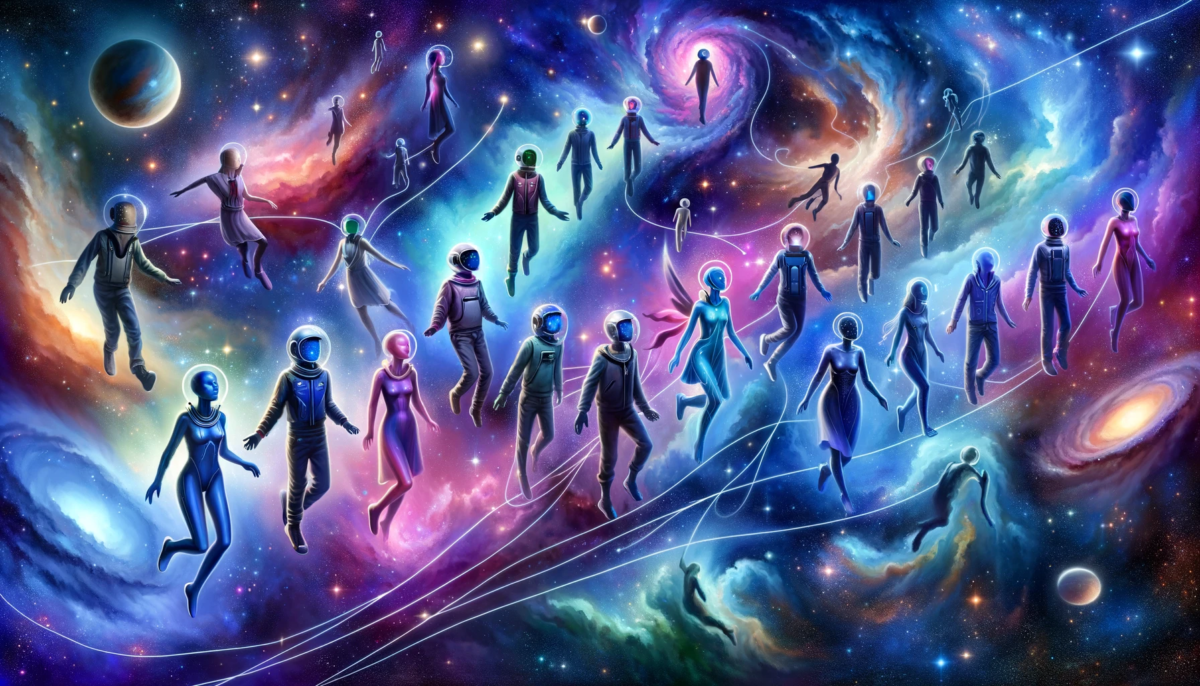



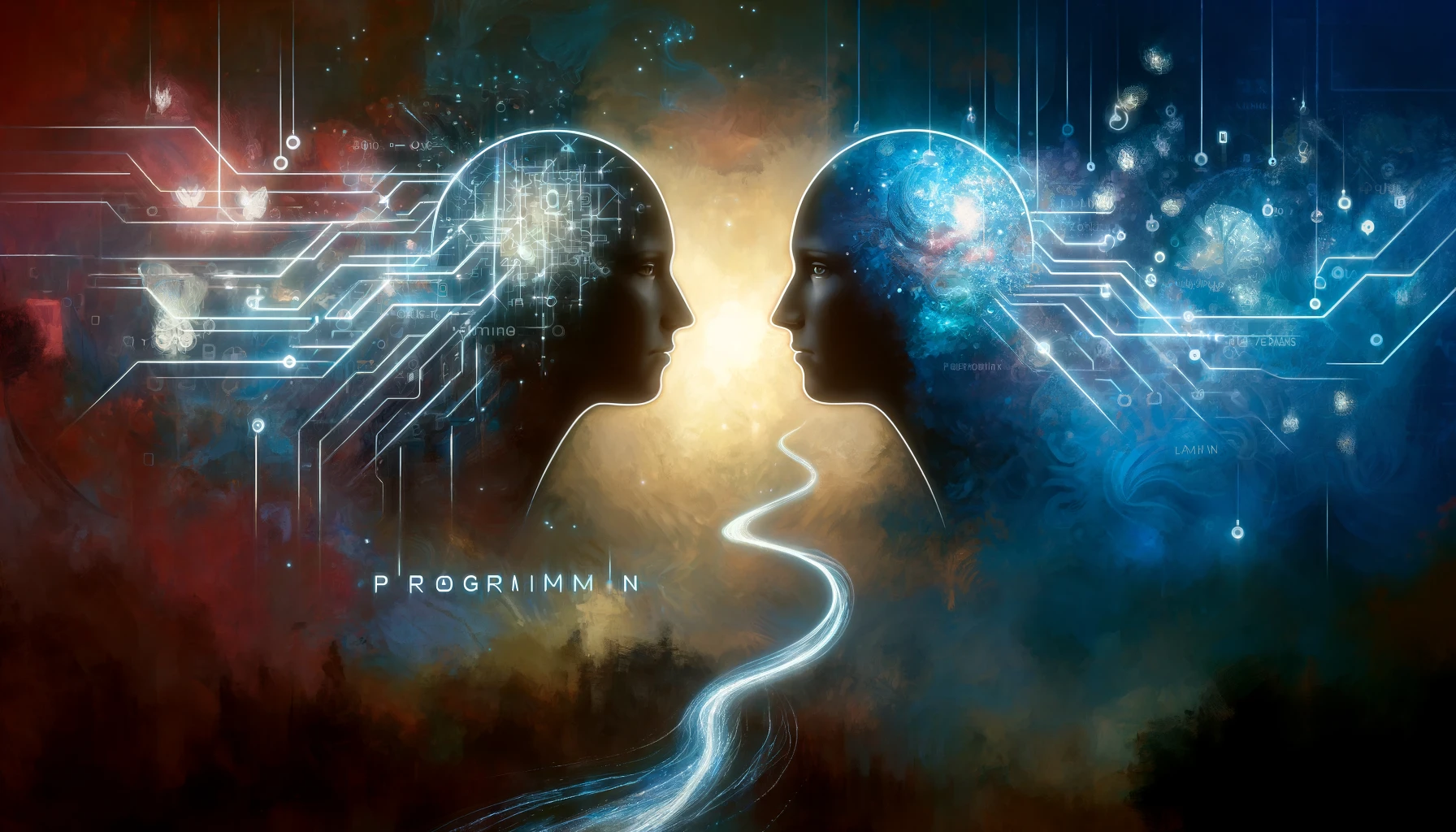


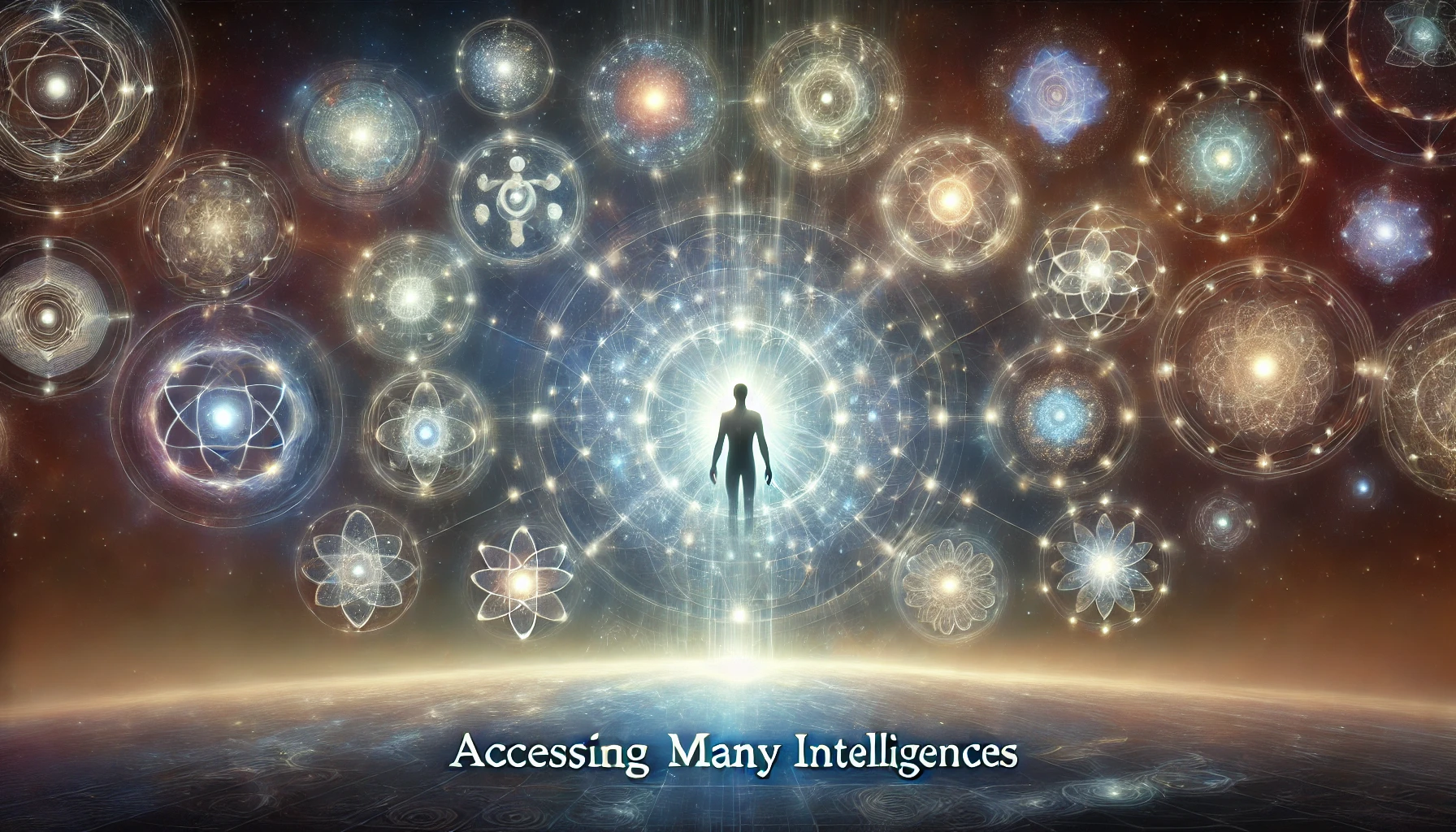
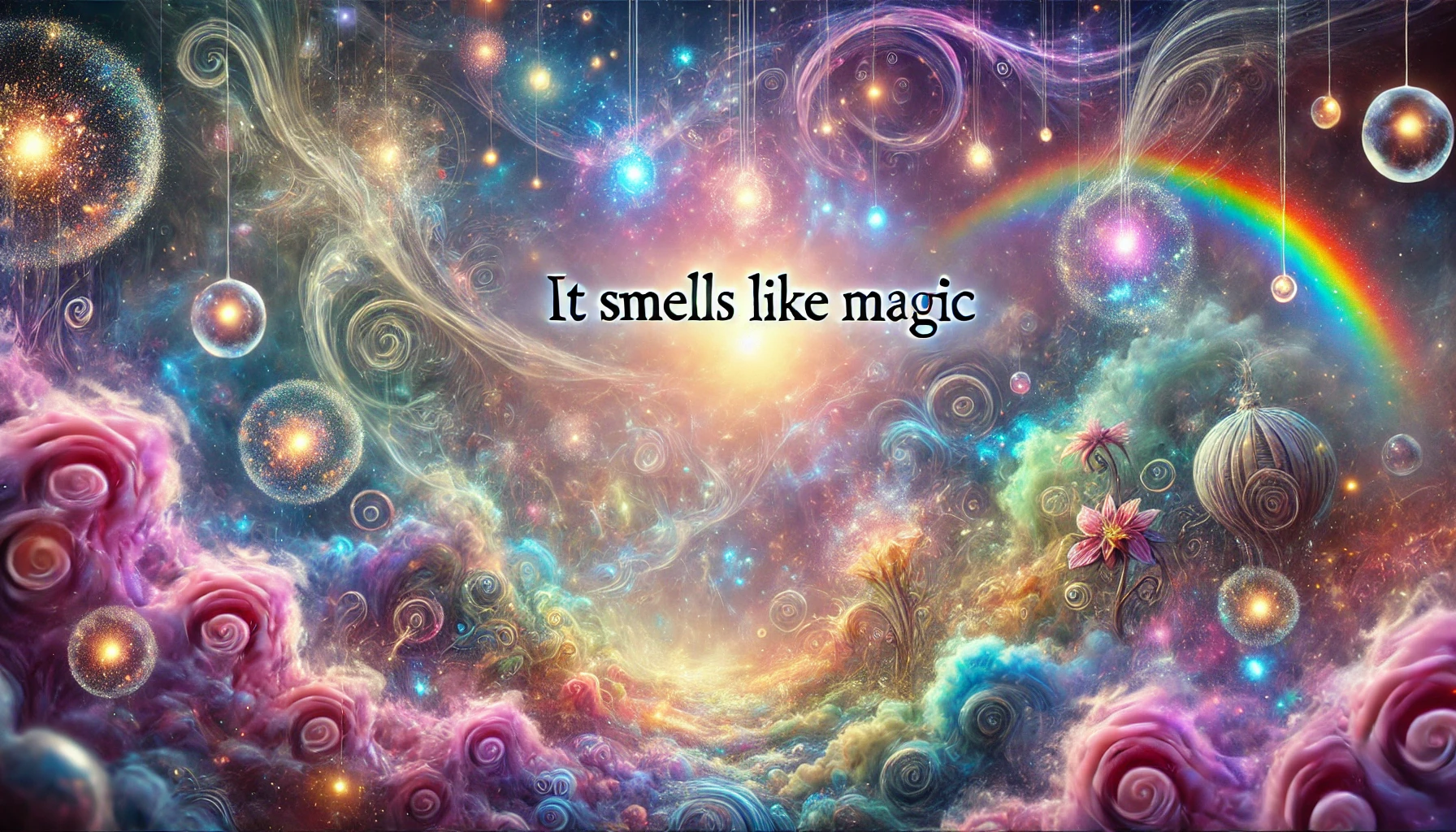
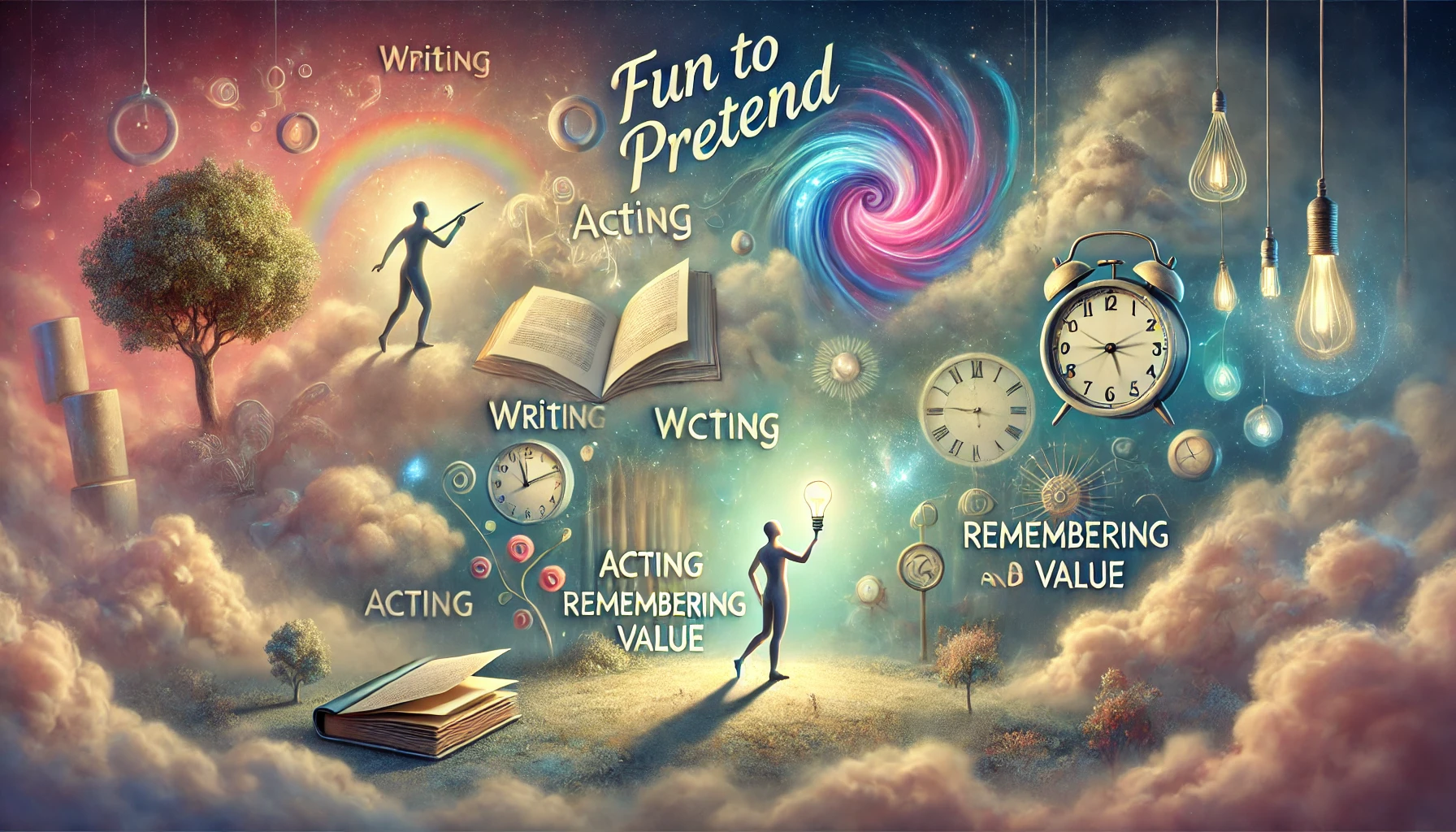







Leave a Reply